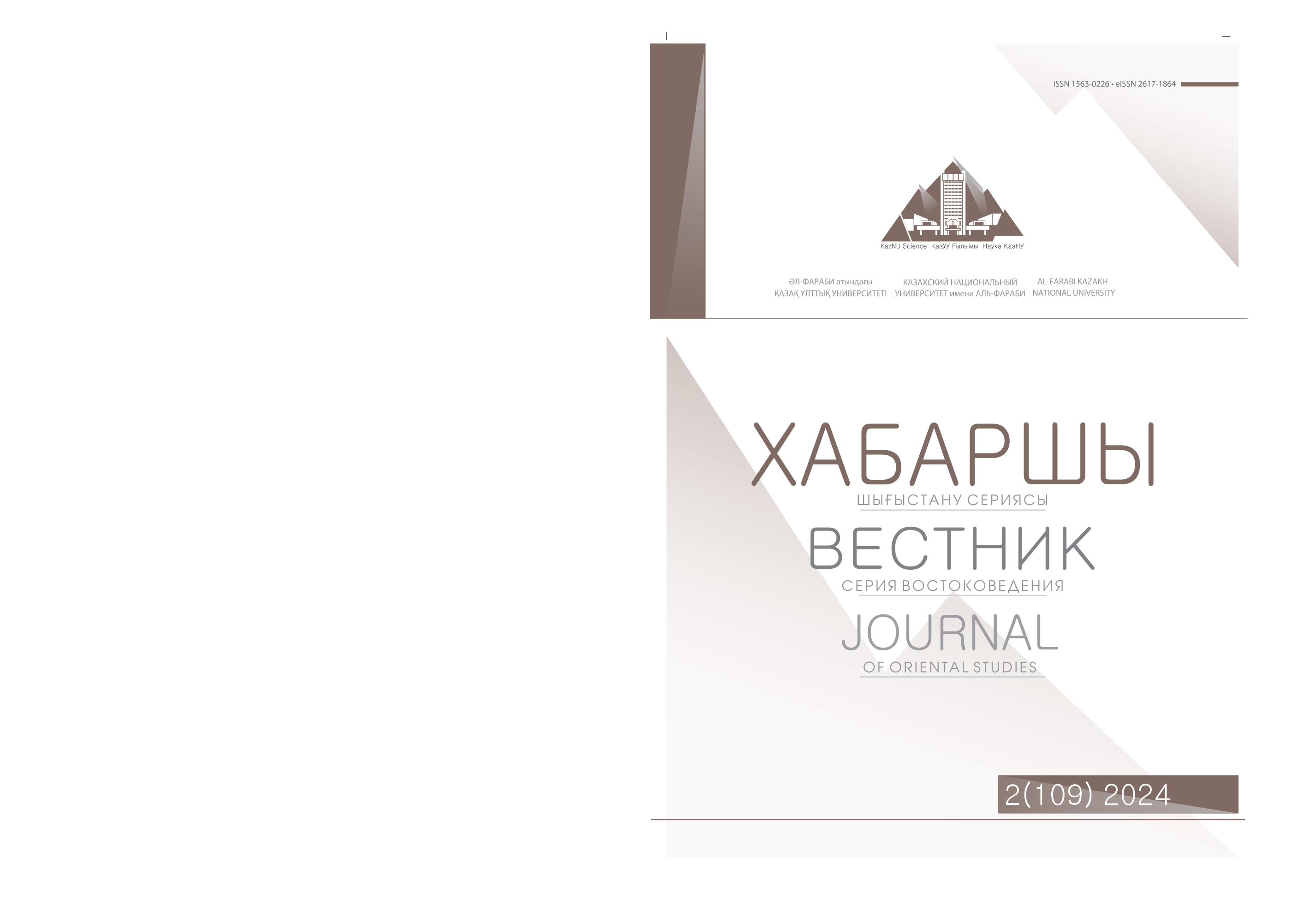STUDY TOUR FOR MUTUAL UNDERSTANDING BETWEEN JAPAN AND AUSTRALIA
DOI:
https://doi.org/10.26577/JOS.2024.v109.i2.01Abstract
This paper considers how non-Indigenous scholar collaborating with Indigenous people has been engaging with restoration of culture through study tour which is an educational practice in an Australian Indigenous community supported by a municipal government and a university with authors cooperation. It provides illustration of how such cooperation has tangible/intangible or positive/negative consequences over Indigenous/local individuals and communities as well as wider society. It aims to examine what problems and difficulties the Study Tour face with and analyze the various perspectives among host, guest, and coordinator. Analytical lens of this paper is the notion of “decolonizing methodology”, which was emerged from critical consideration through the Indigenous Studies since the end of the 1990s. In the end of the paper, it concludes with a proposal of Study Tour, in which various stake holders at individual, local, national, and international levels can exchange their experiences.
Means of this paper rely on discourse analysis of participants and host contributors, analysis of reports from participants, and survey based on the theory of transformative learning.
Keywords: Indigenous Studies, Study Tour, Decolonizing methodology, Cultural Intermediary, Indigenous Perspective














